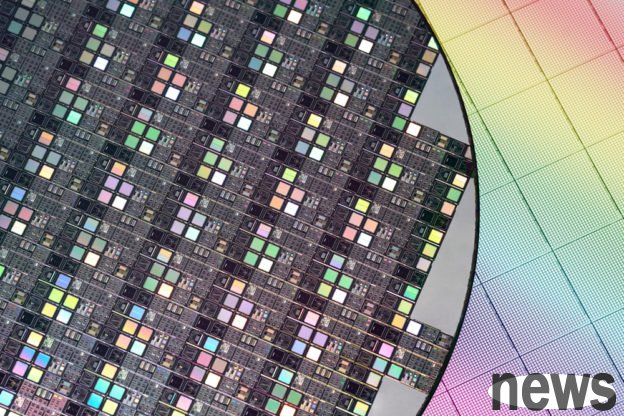The market has been released, and the Trump administration is evaluating the latest plan, which will significantly reduce the United States' dependence on overseas semiconductor manufacturing, thereby increasing local production capacity and res...

The market has been released, and the Trump administration is evaluating the latest plan, which will significantly reduce the United States' dependence on overseas semiconductor manufacturing, thereby increasing local production capacity and reshaping the global supply chain.
The Huaer Street Journal exclusively quoted an unnamed source on the 26th that the latest policy proposed by the Trump administration will require chip manufacturers to produce the same amount of chips as customers imported from overseas. If the operator fails to keep the proportion of the number of imported chips produced and imported from the United States at 1:1 for a period of time, he will be taxed.
Sources said that US President Donald Trump stated in August that 100% of the semiconductor taxes will be exempted from investment in the United States, which is the source of the above policies. It is a more impoverished task to make the US local chip production capacity 1:1 with the imported quantity, which is a more impulse task than simply increasing the US production capacity, because overseas products are usually cheaper, and it takes time to adjust the global supply chain, and it takes to increase the supply in the US locally.
Sources revealed that U.S. Commerce Secretary Howard Lutnick once mentioned this idea to the semiconductor industry, saying that it is for economic security, or that it may be necessary. The U.S. government has been concerned that technology practitioners rely too much on chips made overseas, especially products derived from Taiwan.
The new system stipulates that if a company promises to produce 1 million chips in the United States, it can obtain the same import quota. Before the factory built in the United States is completed, the company and its customers can be exempted from taxes. The news shows that policy may provide a wide deadline when it is just started, allowing companies to have time to adjust and improve local U.S. production capacity.
This may be good news for chip manufacturers such as Taiwan Electric, Micron Technology, GlobalFoundries, and other products that are increasing their U.S. production capacity, because they will have more codes when discussing with customers.
Extended reading: Apple tyrene, bulb, Samsung deploys Metallurgical chip supply chain